Only when the shoe is on the other foot does it begin to pinch. Mixed metaphors notwithstanding, only if (or when) the west is faced with the same situation will it understand India’s concern. Had a Norwegian child been forcibly sent to a foster family in India—as happened to Sagarika Chakraborty’s children in Oslo—there would have been howls of protest by the West. Imagine if a Quebecois secessionist group put up posters all over India urging assassinations of Canada’s envoys…
Given the high security Western diplomats inevitably insist on when posted in non-Western nations, the lack of outrage there against “Kill” posters put up by Khalistanis, featuring the names and faces of India’s envoys to Canada and the UK, is astoundingly hypocritical. Open incitement to assassinate is being passed off as innocuous expressions of opinion. So Indian diplomats are in the crosshairs of not only secessionist organisations but also crazy, lone ranger assassins.
The latter even has a tragic precedent in Canada. In 1961, a Canadian citizen of Yugoslav origin walked into the Indian high commission in Ottawa and shot dead the deputy high commissioner, KS Pillai, apparently because he was angry about being denied a visa. He was found to be suffering from a mental illness but was tried and convicted for the crime. The current ‘hit’ put out by the Khalistanis, however, could encourage all sorts of people to target Indian diplomats there.
The official Canadian response to India’s concerns about the Khalistan rally slated for 8 July in Toronto and Vancouver is also stunningly mealy-mouthed, and perhaps of a piece with its lax stance regarding Sikh separatist activities. Its Foreign Minister Melanie Joly has said, “Canada takes its obligations under the Vienna Conventions regarding the safety of diplomats very seriously… We know that the actions of a few do not speak for an entire community, or Canada.”
Quick Reads
View AllBut allowing a “few” to put targets on the backs of diplomats with impunity shows that Canada takes its international treaty obligations with a serious lack of application. More so as those Khalistani posters urging supporters to kill Indian diplomats bring back memories of the horrific 1984 kidnapping and murder of Ravindra Mhatre, posted at the Indian deputy high commission in Birmingham in UK by terrorist sympathisers of the Jammu Kashmir Liberation Front.
The Canadian minister’s response would be rightfully deemed inadequate by any country whose diplomats and private nationals have become the stated focus of malevolent intentions. Khalistani activists have a well-known goal of vivisecting only India, as its supposed “stan” does not include the area of west Punjab, now in Pakistan. That significant omission not only points to the separatists’ funders and instigators but also to their survival despite lack of traction in India.
Western leaders hide behind the ‘freedom of expression’ principle whenever there are incidents targeting India, trying to turn an abomination into a virtue. They pretend to uphold democracy by giving space and publicity to forces that act against the sovereignty of other nations, usually those that are not part of their cosy Western cabal. And a relentlessly rising India is a special target. So, Canadian Prime Minister Justin Trudeau’s prevarication is also not unique or even rare.
Allowing Khalistan supporters in some Canadian cities to observe the anniversary of Operation Bluestar on 6 June with a parade on 4 June this year celebrating Indira Gandhi’s assassination is not only a disgraceful dereliction of duty by federal and local authorities but a deliberate attempt to hurt Indian sentiments. Such activities cannot further the Khalistani cause in any way, and thus are clearly meant only to drive wedges among the Indian diaspora in North America.
The sharp reaction from India’s External Affairs Minister S Jaishankar was apt as expected. “Frankly, we are at a loss to understand other than the requirements of vote bank politics why anybody would do this…I think there is a larger underlying issue about the space which is given to separatists, to extremists, to people who advocate violence. I think it is not good for relationships, not good for Canada.” But is Trudeau mature enough to understand Jaishankar?
Trudeau’s evocation of ‘diversity’ to explain Canada’s studied inaction on anti-Indian machinations on its soil is old hat. Canada has used that argument for years to let the Khalistanis prosper there and bring over others with similar intentions to swell their ranks abroad since their secessionist line cuts no ice in Punjab itself. Canadian administrations have always failed miserably to ensure those who live in Canada only work for Canada, not machinate against India from there.
This has resulted in the formation of a corpus of Indian-origin Canadians who sustain the Khalistan chimera. And they pack enough of a political punch for votebank conscious politicians–of which Trudeau is no exception—to turn a blind eye to their blatantly anti-India activities. The deliberate delay in the investigation of the blowing up of Air India flight 182 (better known as the Kanishka) in 1985 by Khalistani extremists was an eloquent reminder of Canada’s inclinations.
Why should Canada allow anyone to plot and preach against another democratic country from its soil? Freedom of expression cannot mean the freedom to propagate secession elsewhere. Voters and political parties in 30-million-strong Punjab have rejected the Khalistan idea. Sikhs comprise just 2 per cent of Canada’s 33 million population, or less than 8 lakh; and just a fraction of those are Khalistan supporters. Yet Canada is allowing itself to be swayed by their agenda.
Canada should remember what its reaction was in July 1967 when the visiting French president Charles de Gaulle declared “Vive le Québec libre!” (Long live Free Quebec) in Montreal. He had to cut short his state visit and leave because the government and English-speaking Canadians were incensed by his support of Quebec’s secession. The Quebecois have long wanted independence, but would India allow activists to machinate against Canada in India? Obviously not.
The then Canadian Prime Minister Lester Pearson had asserted at the time, “The people of Canada are free. Every province in Canada is free. Canadians do not need to be liberated…” And the current PM’s father, also former PM Pierre Trudeau (then justice minister) had asked how France would have felt if a Canadian PM had advocated “Brittany for the Bretons”. In fact, Trudeau Sr devoted much of his career to keeping Quebec peacefully in Canada.
Trudeau Jr, who has always taken politically expedient stances on Quebec, needs to wake up. Open support for Khalistanis by him and his Liberal Party colleagues, and the rise of other Sikh-Canadian political leaders with discernibly separatist leanings could prompt Quebec activists to demand what Trudeau’s stand is for secession demands closer home, thereby undoing all the hard work his father put in. Pandering to Khalistani politics could be the undoing of Canada itself.
The author is a freelance writer. Views expressed are personal.
Read all the
Latest News,
Trending News,
Cricket News,
Bollywood News,
India News and
Entertainment News here. Follow us on
Facebook,
Twitter and
Instagram.


)
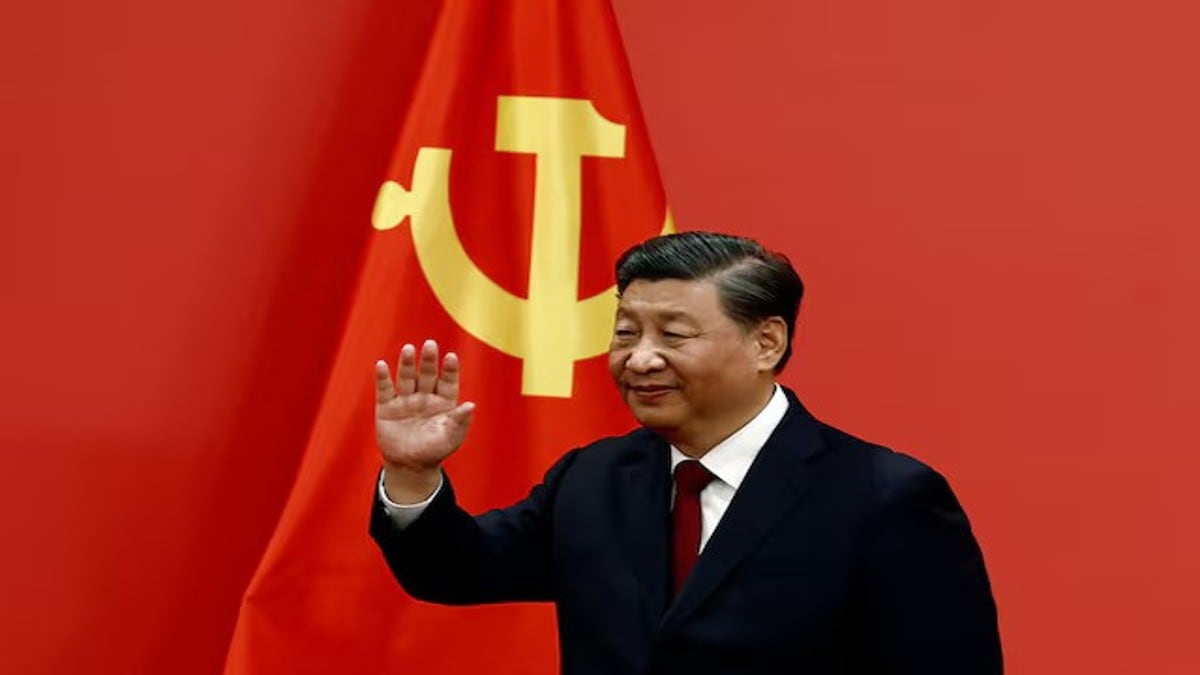
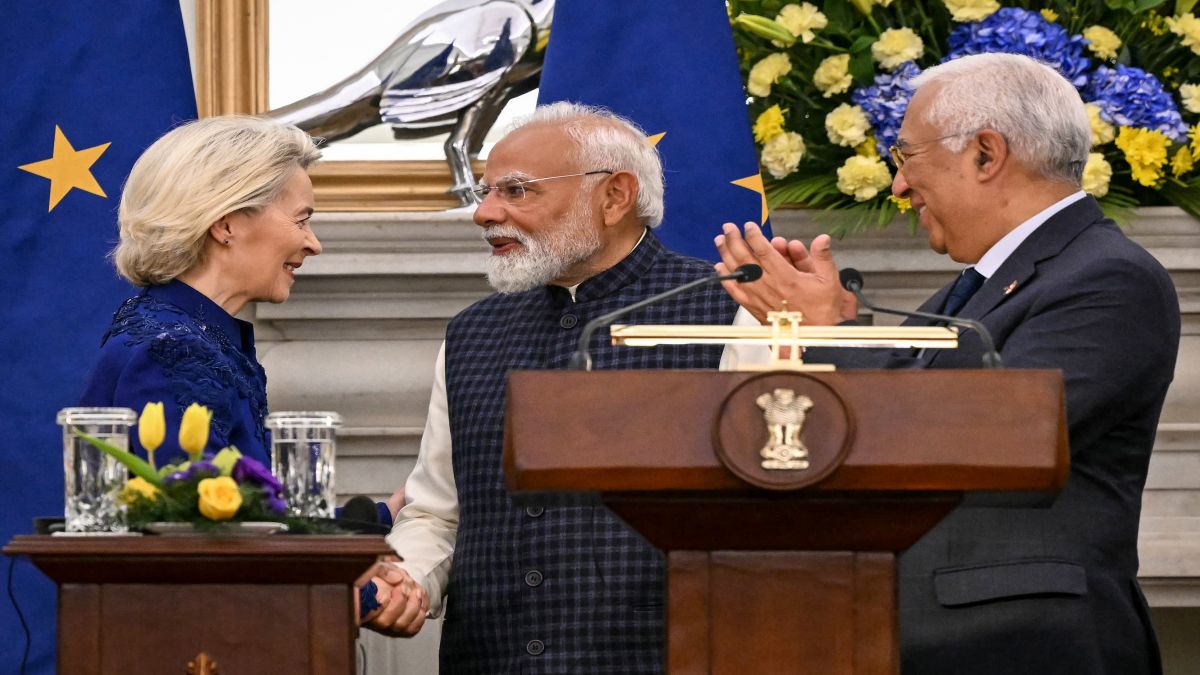)
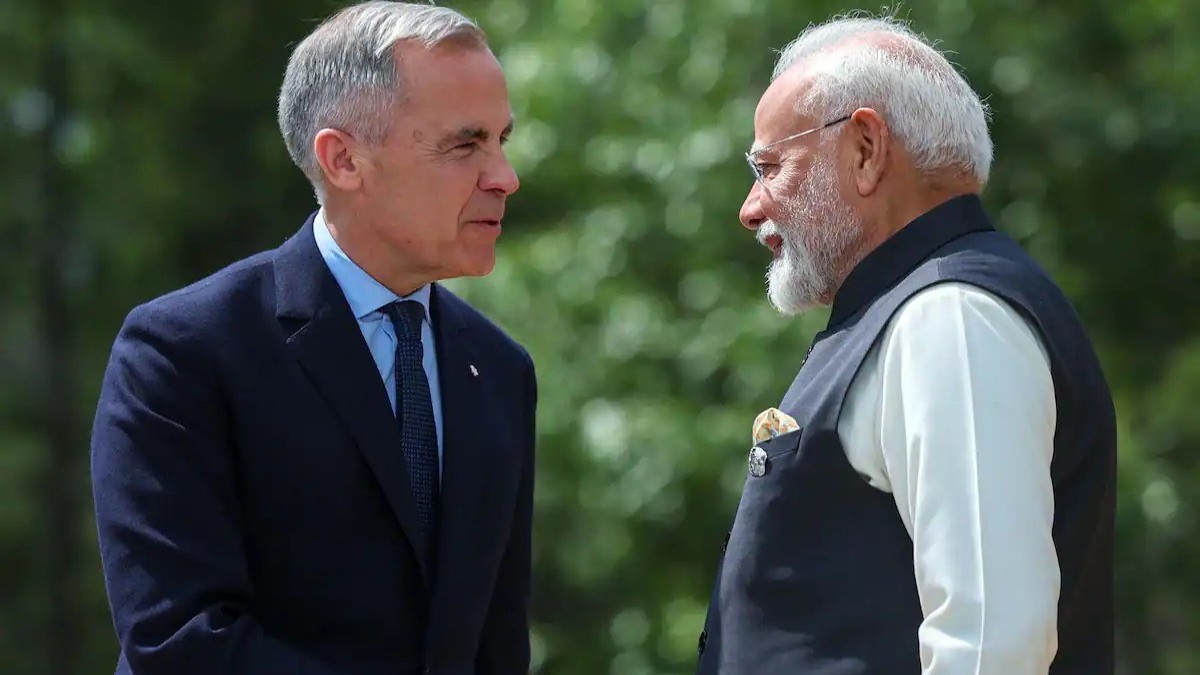)
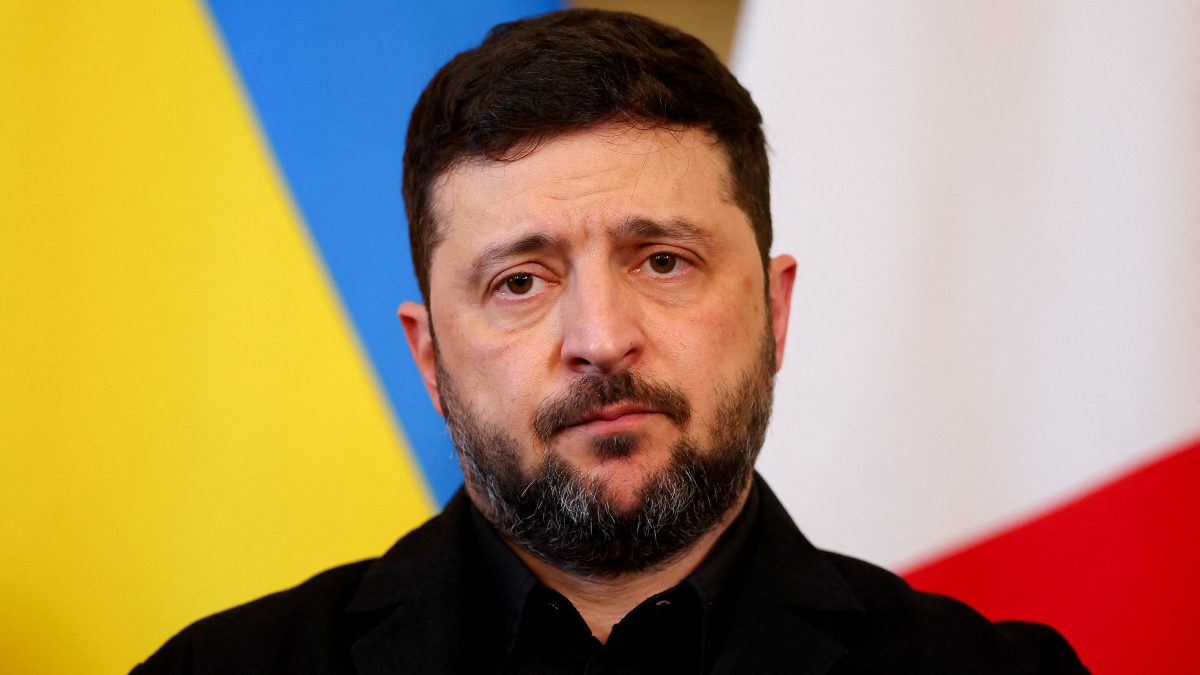)
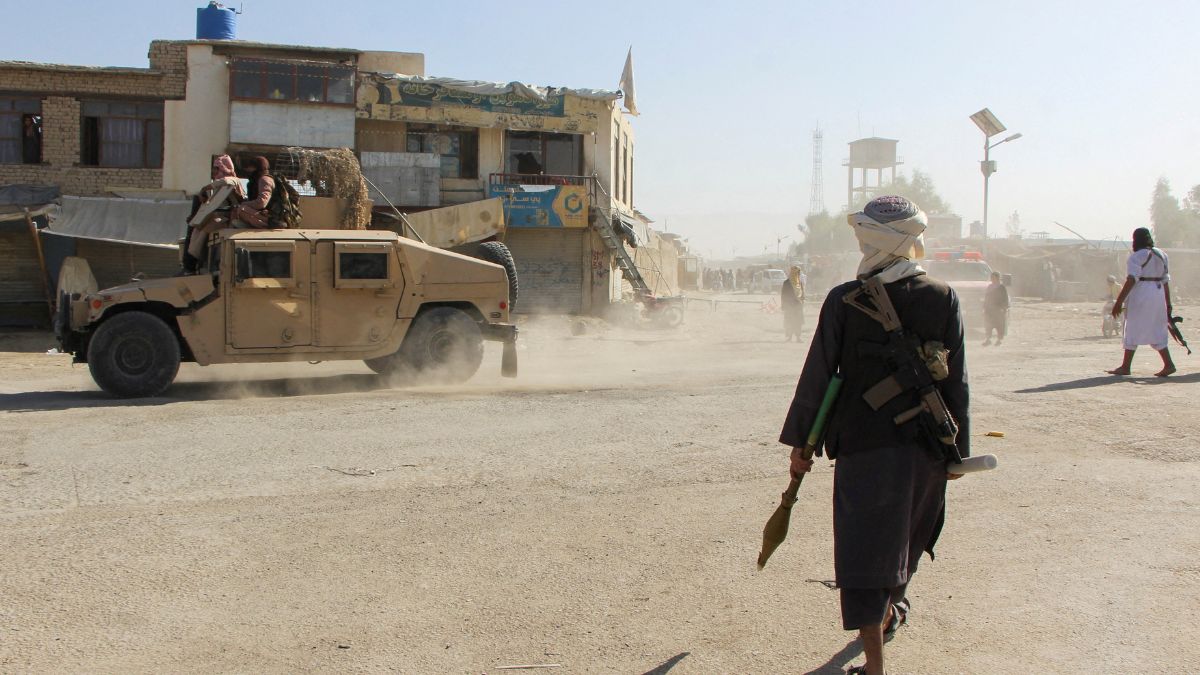)
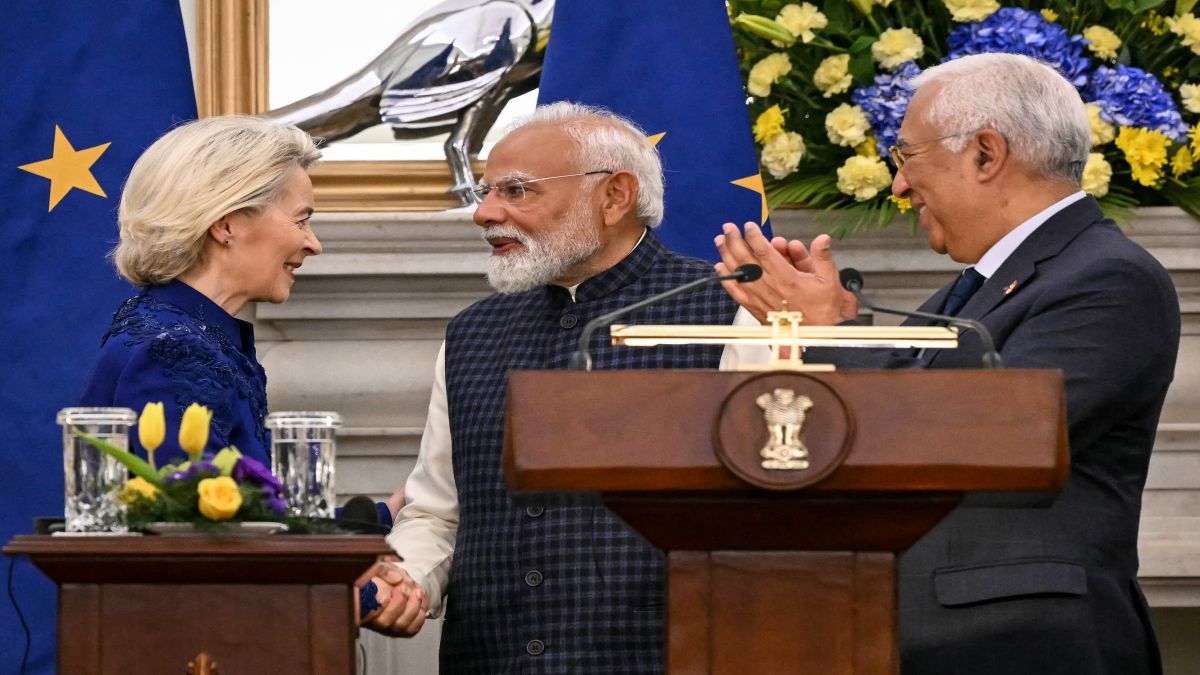)
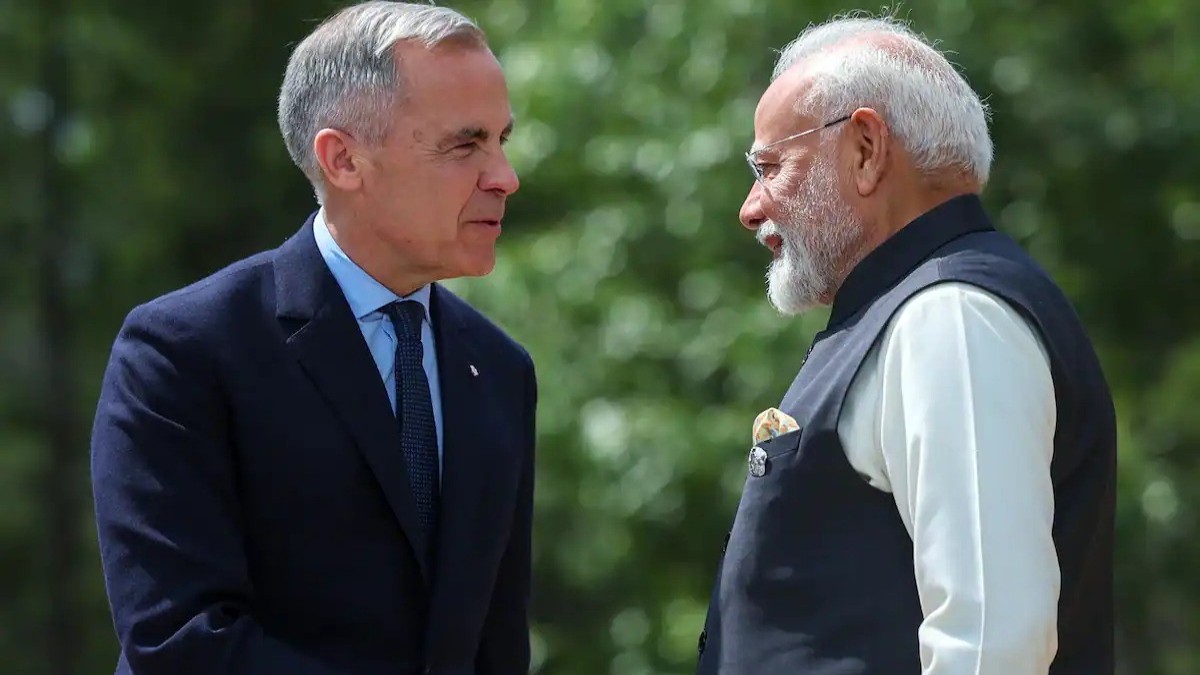)
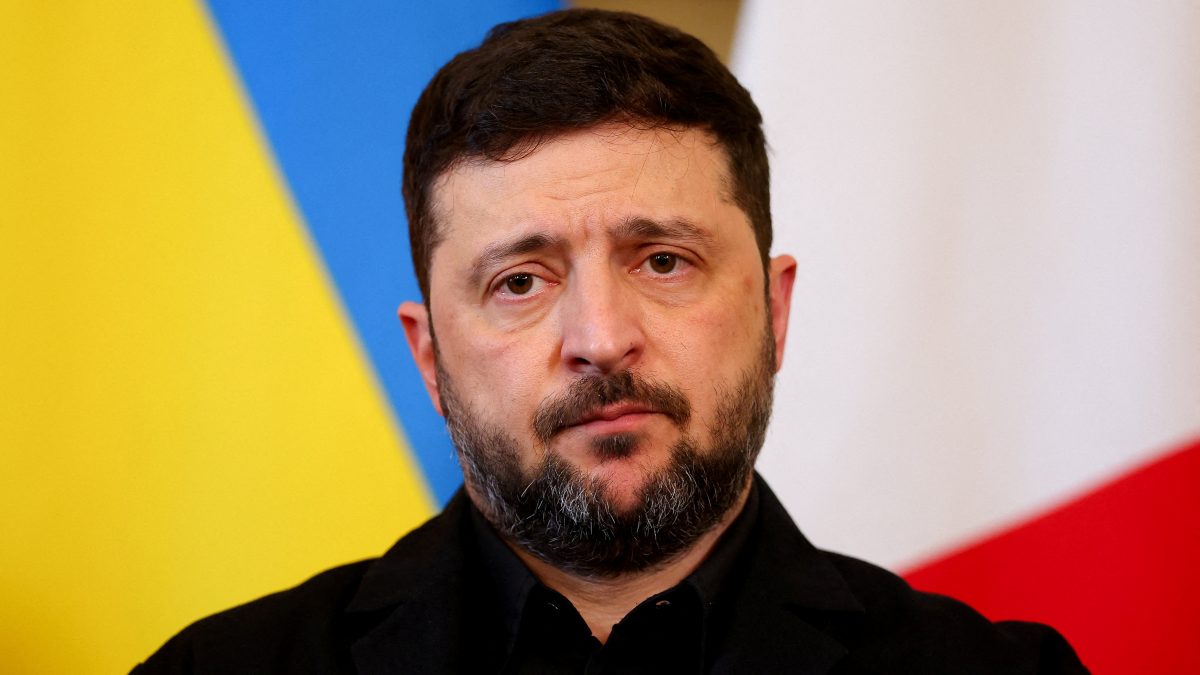)
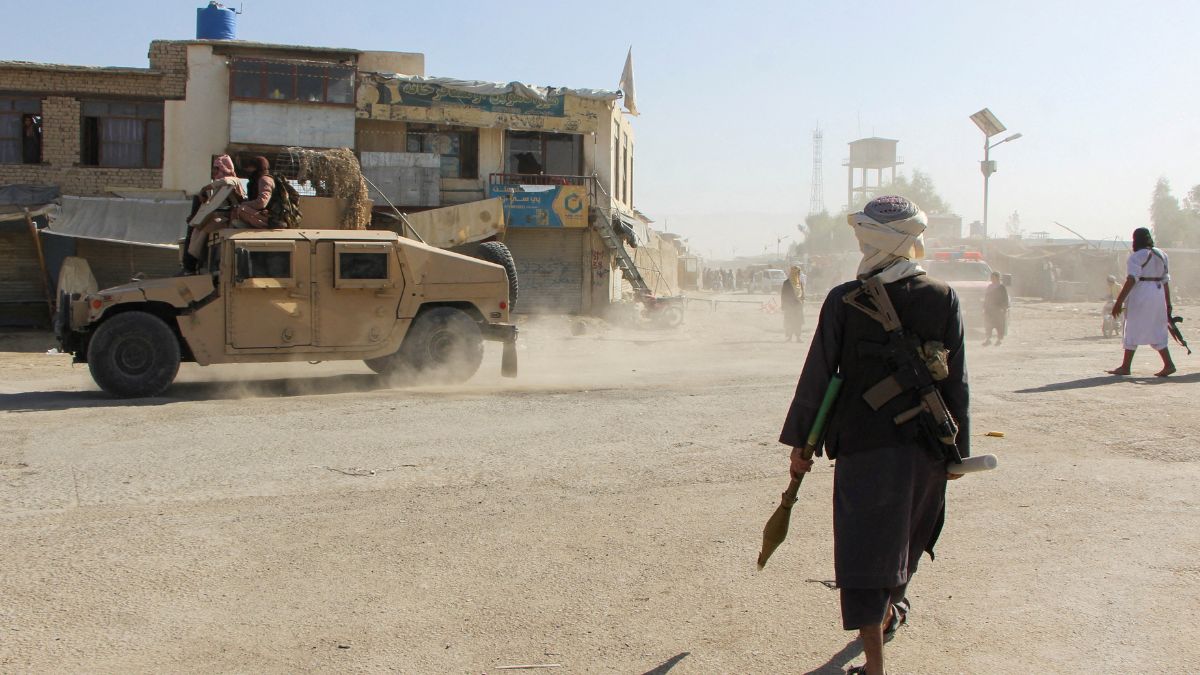)



